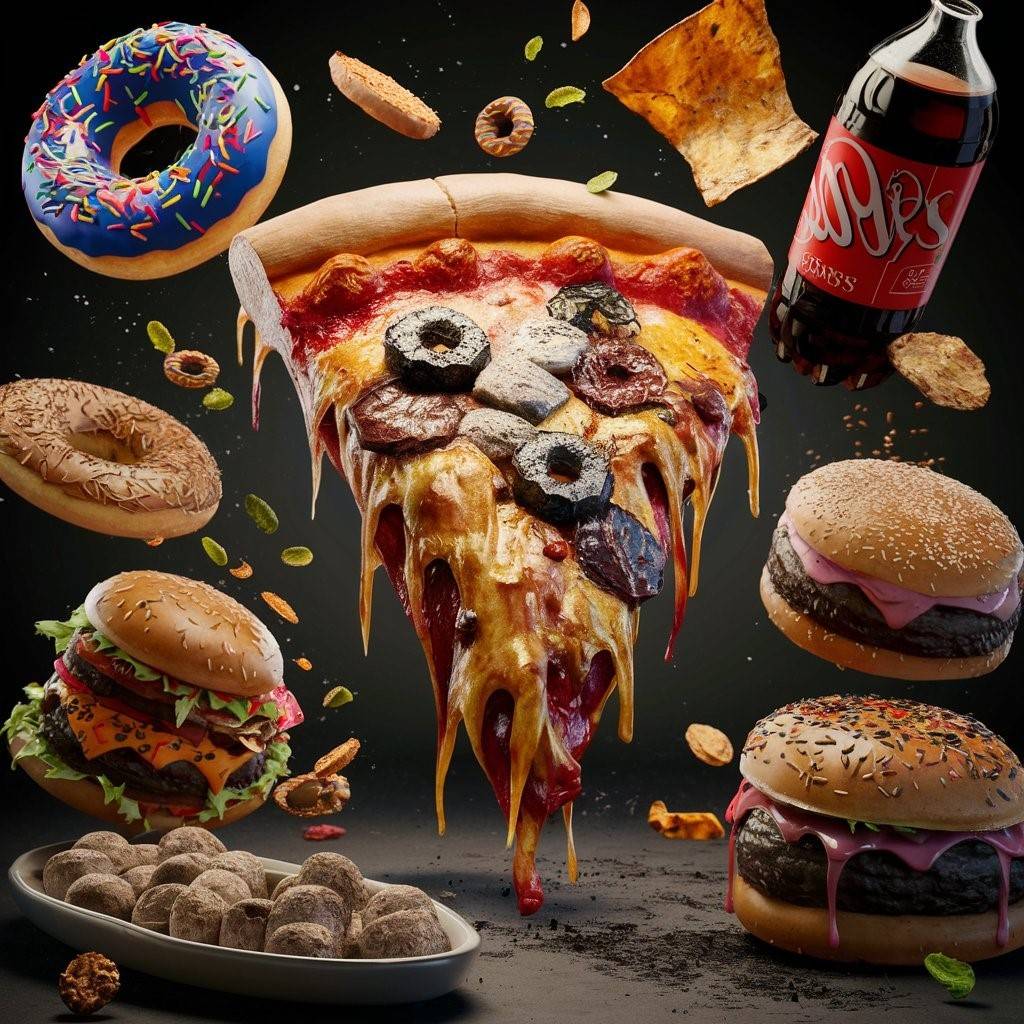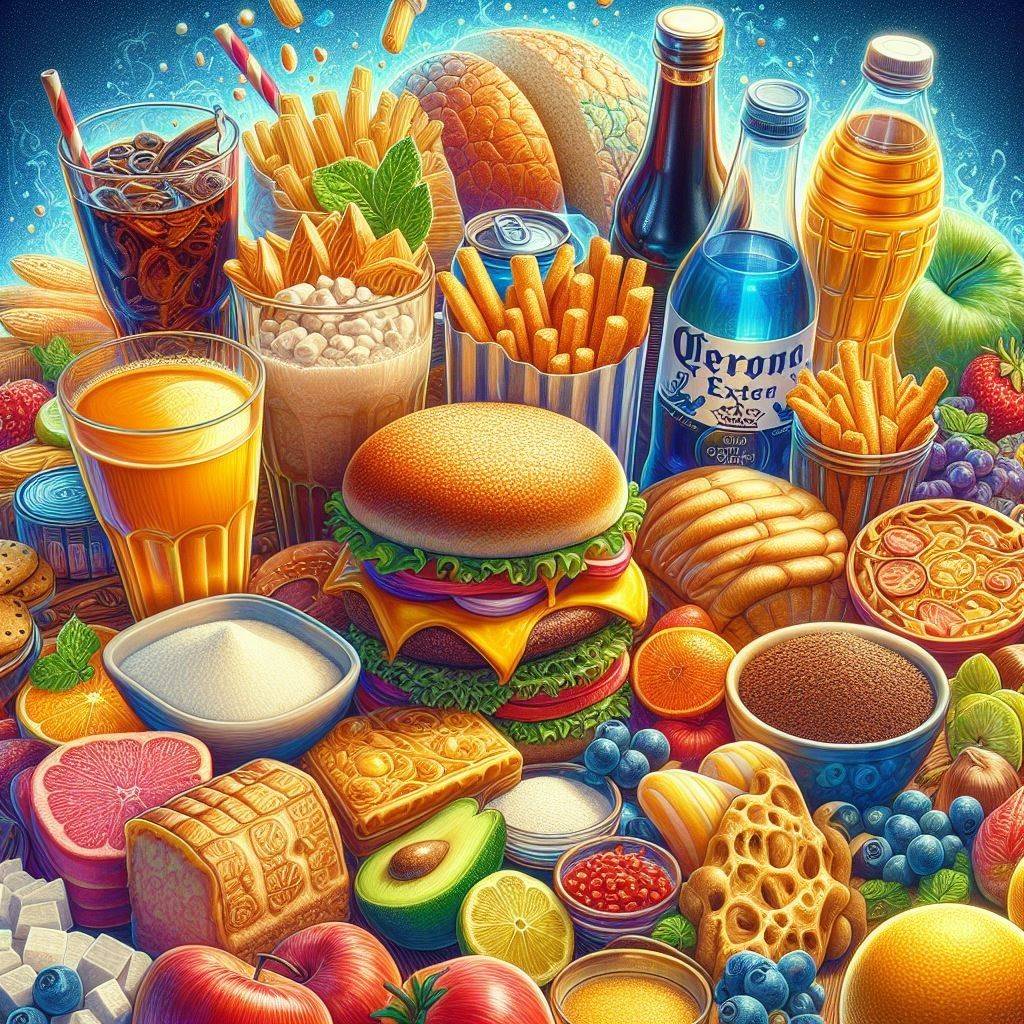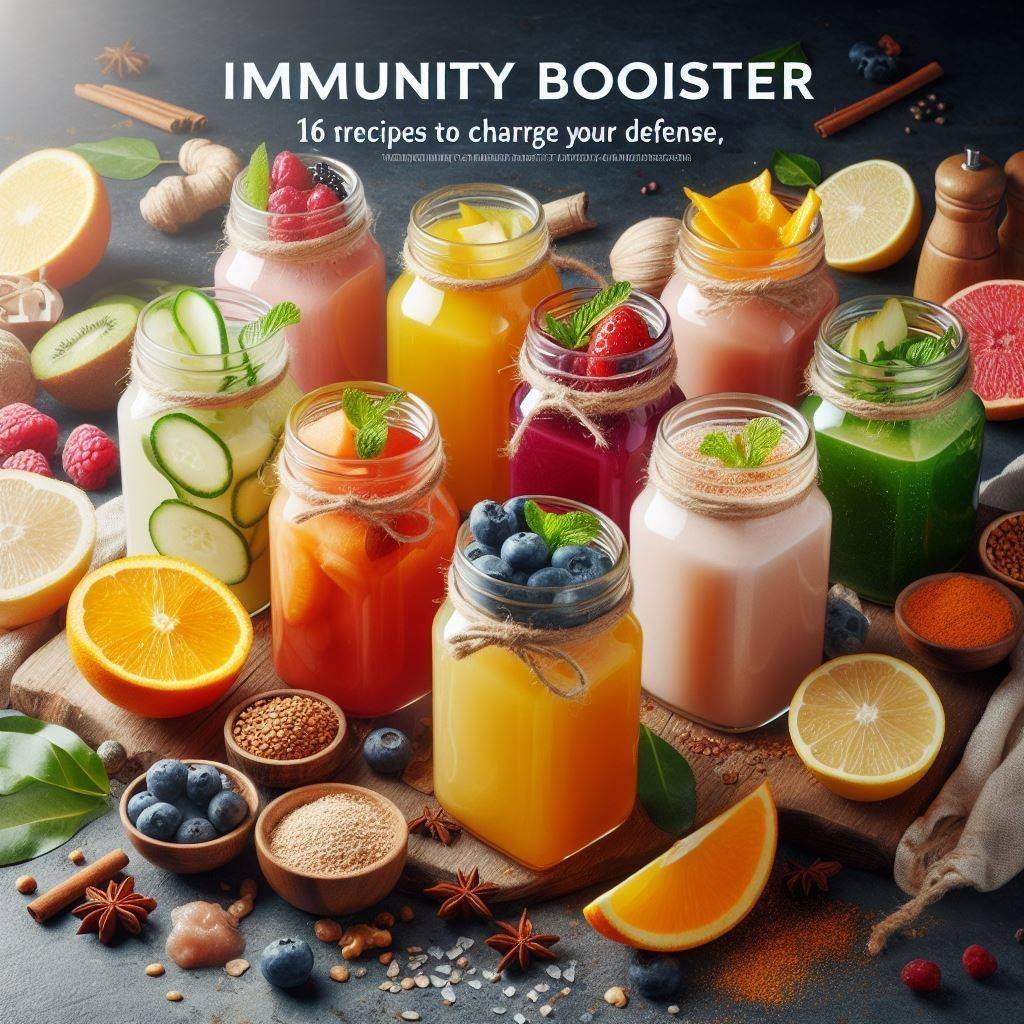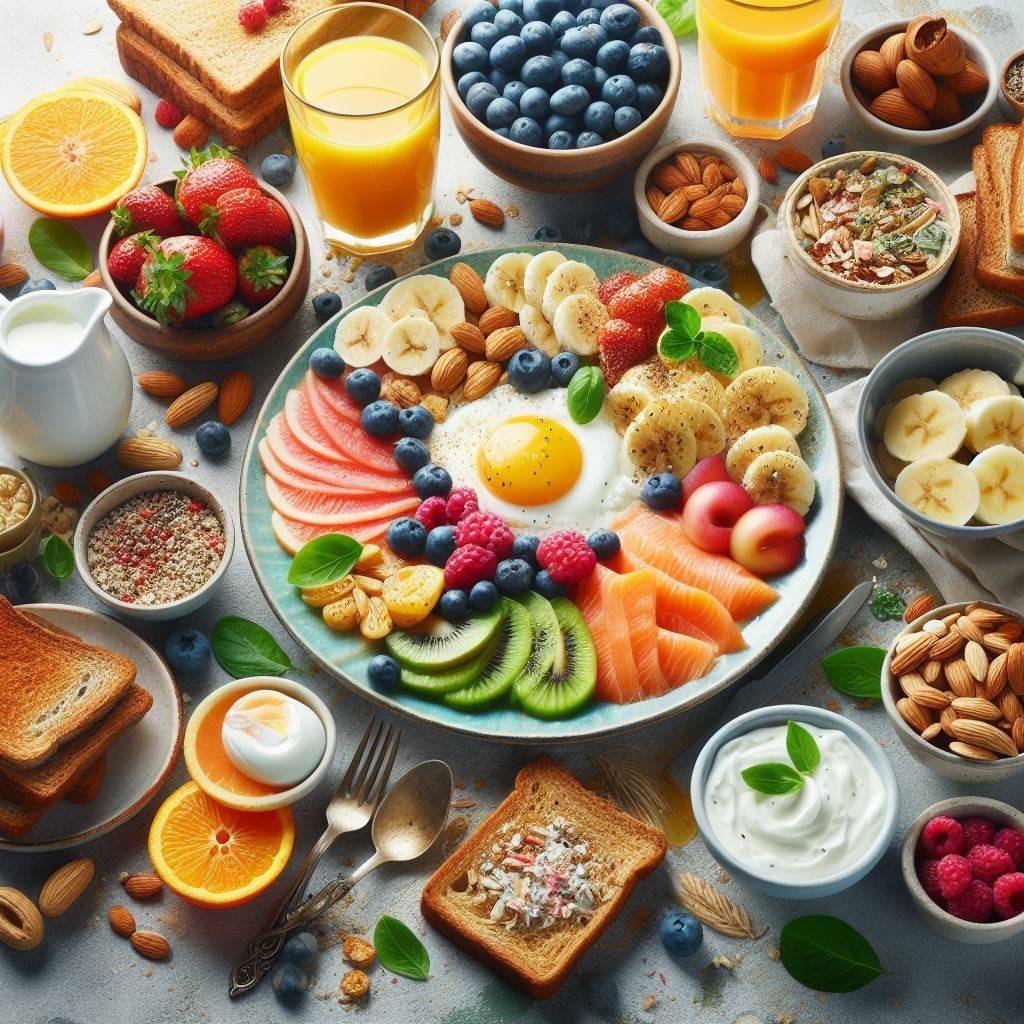Food to Reduce Energy: Energize Your Day by Avoiding These Foods
Boost your energy levels! Discover food to reduce energy and feel more vibrant by making simple dietary changes.
Key Takeaways: Food to Reduce Energy
| Avoid | Reason |
| Foods High in Sugar | Spikes and crashes in blood sugar levels lead to fatigue and energy slumps. |
| Heavily Processed Foods | Lack of nutrients and high amounts of additives can drain energy levels. |
| Foods High in Saturated Fats | Difficult to digest, can slow you down and cause sluggishness. |
| Alcohol | Dehydrating and disrupts sleep, both of which contribute to low energy. |
| Caffeine (in excess) | Too much can lead to energy crashes and disrupt sleep quality. |
Introduction
In our fast-paced lives, it’s essential to maintain high energy levels to tackle the day’s demands efficiently. However, the foods we consume can significantly impact our energy levels. While some foods provide a natural boost, others can zap our energy, leaving us feeling sluggish and fatigued. In this article, we’ll explore the food to reduce energy and provide valuable insights into how you can energize your day by avoiding them.
The Impact of Foods on Energy Levels
Our bodies rely on the nutrients we consume to fuel various bodily functions, including energy production. Certain foods can drain energy levels by disrupting blood sugar regulation, causing inflammation, or straining the digestive system. By being mindful of the foods we eat, we can make informed choices that support sustained energy throughout the day.
Signs of Low Energy Levels:
- Fatigue and sluggishness
- Difficulty concentrating
- Irritability and mood swings
- Cravings for sugary or caffeinated foods
- Frequent yawning or drowsiness
Food to Reduce Energy: Culprits to Cut Back On

Food to Reduce Energy often comes as sugary treats and beverages. While they provide a quick burst of energy, this is followed by a steep crash, leaving you feeling even more depleted than before.
Foods High in Sugar: A Rollercoaster of Energy Highs and Lows
Sugary foods, such as cookies, candies, and sweetened beverages, can provide a temporary energy boost, but this is pursued by an energy crash. When we consume foods high in sugar, our blood sugar levels spike rapidly, causing a release of insulin. While this initial spike may provide a burst of energy, the subsequent drop in blood sugar levels can leave us feeling tired, irritable, and craving more sugary foods, creating a vicious cycle.
Heavily Processed Foods: Devoid of Nutrients, Draining Your Energy
Heavily processed foods, such as chips, fast food, and prepackaged snacks, are often stripped of essential nutrients and loaded with additives, preservatives, and unhealthy fats. These foods lack the necessary vitamins, minerals, and fiber required to sustain energy levels throughout the day. Instead, they can contribute to inflammation, digestive issues, and feelings of fatigue.
Foods High in Saturated Fats: Slowing You Down
While our bodies require healthy fats for energy production, consuming excessive amounts of saturated fats found in fried foods, processed meats, and full-fat dairy products can be detrimental to our energy levels. These foods are difficult to digest, requiring more energy from our bodies, which can leave us feeling sluggish.
Alcohol: A Dehydrating and Sleep-Disrupting Energy Drain
Alcohol consumption can have a significant impact on our energy levels. Not only is alcohol dehydrating, which can lead to fatigue, but it also disrupts sleep patterns, affecting the quality and duration of rest we receive. Inadequate sleep is a major contributor to low energy levels, making it essential to limit alcohol intake, especially in the evening hours.
Caffeine: A Double-Edged Sword for Energy Levels
While moderate caffeine consumption can provide a temporary energy boost, excessive intake can have the opposite effect. Too much caffeine can lead to energy crashes, anxiety, and disrupted sleep patterns, all of which contribute to decreased energy levels the following day. It’s crucial to be mindful of your caffeine intake and to balance it with proper hydration and a nutritious diet.
Foods to Avoid for Sustained Energy Levels:
| Category | Examples |
| Sugary Foods and Drinks | Candies, cookies, sodas, energy drinks |
| Heavily Processed Foods | Fast food, chips, prepackaged snacks |
| Foods High in Saturated Fats | Fried foods, processed meats, full-fat dairy |
| Alcohol | Beer, wine, spirits |
| Excessive Caffeine | Coffee, energy drinks, some teas |
Energizing Alternatives: Foods that Boost Energy Levels
Instead of relying on foods that drain energy, focus on incorporating nutrient-dense, whole foods into your diet. Choose food to reduce energy drain and boost vitality throughout the day. These include:
- Complex carbohydrates (whole grains, fruits, vegetables)
- Lean proteins (poultry, fish, legumes)
- Healthy fats (avocados, nuts, seeds)
- Hydrating foods (water, herbal teas, fruits with high water content)
These foods provide sustained energy, support proper bodily functions, and promote overall well-being, helping you maintain consistent energy levels throughout the day.
Energy-Boosting Food Swaps:
- Instead of sugary cereals, choose oatmeal or whole-grain cereals.
- Replace processed snacks with fresh fruits, vegetables, and nuts.
- Choose lean proteins like grilled chicken or fish instead of fried meats.
- Swap sugary sodas for water, herbal teas, or unsweetened juices.
- Replace energy drinks with a balanced meal or a healthy snack.
Fueling Your Body for Optimal Energy
Now that we’ve identified food to reduce energy, let’s explore some energy-boosting alternatives:
- Fruits and Vegetables: Rich in vitamins, minerals, and antioxidants, these provide sustained energy and support overall health.
- Whole Grains: A wonderful source of complex carbohydrates and fiber, whole grains offer lasting energy and keep you feeling full.
- Lean Proteins: Essential for building and repairing tissues, lean proteins like fish, chicken, and beans provide sustained energy without the heaviness of high-fat meats.
- Nuts and Seeds: Packed with healthy fats, protein, and fiber, these make for a satisfying and energy-boosting snack.
- Water: Staying hydrated is crucial for optimal energy levels. Aim to drink plenty of water throughout.
the day.
avoiding food to reduce energy, you can nourish your body and unlock sustained energy levels throughout your
Day. Remember, food is fuel, and choosing the right fuel can make all the difference in how you feel and function.
Lifestyle Factors Affecting Energy Levels
Besides the foods we consume, other lifestyle factors can influence our energy levels. Regular exercise, adequate sleep, stress management, and proper hydration all play crucial roles in maintaining optimal energy levels. By adopting a holistic approach that combines a balanced diet with a healthy lifestyle, you can optimize your energy levels and tackle daily challenges with vigour and vitality.
Frequently Asked Questions (FAQs): Food to Reduce Energy
What foods lower your energy?
Foods that can lower your energy levels include sugary treats, heavily processed foods, foods high in saturated fats, alcohol, and excessive amounts of caffeine. These foods can disrupt blood sugar regulation, strain digestion, dehydrate the body, and interfere with sleep quality, all of which contribute to decreased energy levels.
How can I drain my energy fast?
It’s not recommended to intentionally drain your energy levels, as this can negatively impact your overall well-being and productivity. However, consuming large amounts of sugary foods, processed foods, and alcohol, while also engaging in activities that disrupt sleep patterns and increase stress levels, can quickly deplete your energy reserves.
What food gives the least energy?
Foods that provide the least energy are those that are low in calories, nutrients, and fiber. Examples include processed snacks like chips and crackers, sugary beverages, and foods with minimal nutritional value. These foods offer little in terms of sustained energy and can contribute to energy crashes and fatigue.
What foods make you feel low energy?
Foods that can make you feel low energy include sugary treats, heavily processed foods, foods high in saturated fats, and alcohol. These foods can disrupt blood sugar levels, strain digestion, dehydrate the body, and interfere with sleep quality, all of which contribute to feelings of fatigue and low energy.
Conclusion
Maintaining high energy levels is essential for productivity, focus, and overall well-being. By being mindful of the food to reduce energy, such as sugary treats, heavily processed foods, foods high in saturated fats, alcohol, and excessive caffeine, you can make informed choices that support sustained energy throughout the day. Embrace nutrient-dense whole foods, stay hydrated, and adopt a balanced lifestyle to energize your day and achieve your goals with vigour and vitality.



